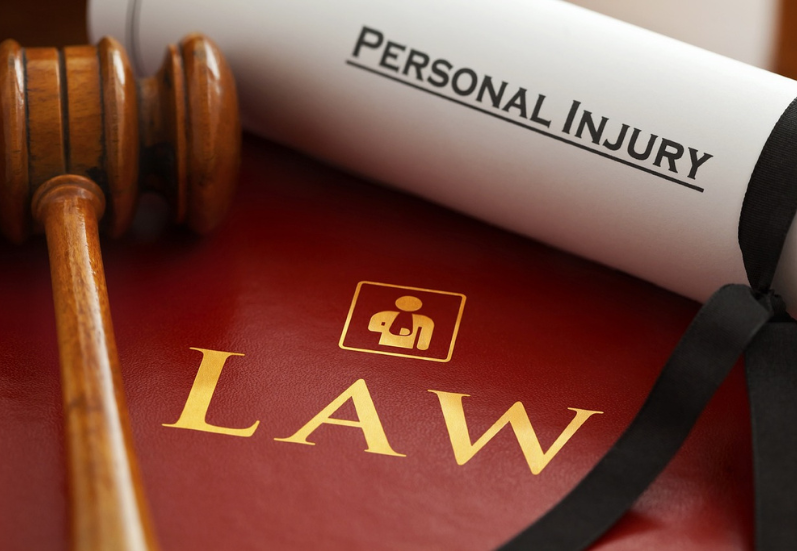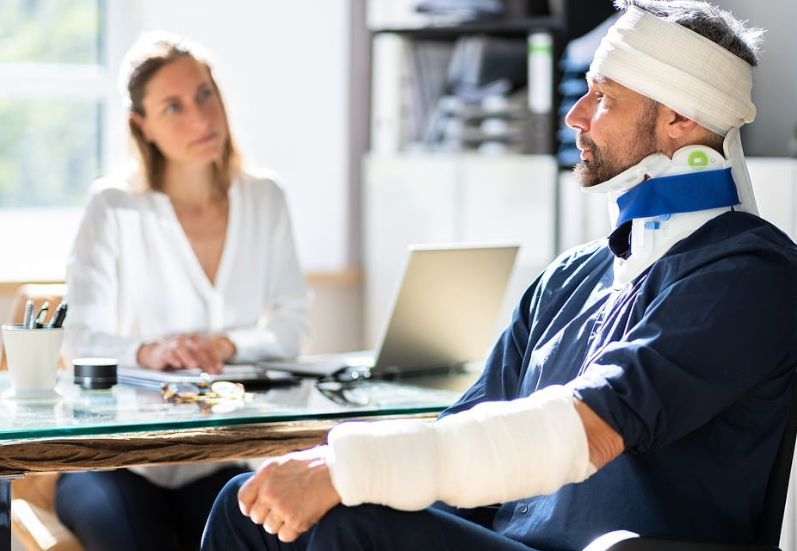
Most people are often curious about what happens when a personal injury claim goes to court. And because they are unaware of the steps, they are unwilling to file a claim for personal injury.
Accidents are a common occurrence in Marysville. Victims often have to go through a range of losses. In such instances, it is important to file a personal injury case.
When one cannot resolve a personal injury case through settlement, it may proceed to trial. People often consider this the last resort, as trials can be lengthy, stressful, and costly.
If you’re navigating this complex process, consulting an injury attorney in Marysville will help you better understand what’s involved. In case you want further information on the same, please read this blog till the end…
What Happens When a Personal Injury Claim Goes to Court?
It might feel stressful when a personal injury lawsuit goes to trial. Initially, a complaint detailing the specifics of your case and the damages you are seeking is filed by your lawyer.
The defendant receives this document and has a set amount of time—typically 30 days—to react. The matter enters the discovery phase if they refute the allegations, during which both parties collect supporting documentation and witness accounts.
The next step is jury selection, or if it’s a bench trial, the appointment of a judge. During the trial, opening statements, witness testimony, and cross-examinations are used by both parties to make their arguments.
Closing arguments are delivered following the presentation of all the evidence. The jury then deliberates and renders a decision.
It’s important to note that most personal injury claims settle before reaching trial. However, if they don’t, being prepared for court is crucial.
Your attorney will guide you through each step, ensuring you understand what to expect and how to behave in court. While going to court can be daunting, it’s an opportunity to present your case and seek justice for your injuries.
The Trial Process of a Personal Injury Claim

Now that you know what happens when a personal injury claim goes to court let me explain the trial process a little. Trials for personal injury cases involve several key stages, each designed to ensure fairness and the proper application of the law. The main steps are as follows:
Jury Selection
Jury selection usually starts the trial. In this stage, the judge selects an unbiased jury in collaboration with the plaintiff and defendant. Prospective jurors are questioned to uncover any biases that can influence their verdict.
Opening Statements
Both sides give their opening arguments after the court chooses the jury. These are summaries of what each side hopes to prove, not arguments. Usually, the plaintiff’s lawyer starts by outlining the injury’s specifics and consequences.
Presentation of Evidence
The trial’s central phase is this one. The plaintiff’s side backs up its assertions with evidence. This may include:
- Witness testimonies
- Medical records
- Expert opinions
- Accident reports
The defense will then cross-examine these witnesses and present their evidence to refute the claims.
Closing Arguments
After presenting all the evidence, each party makes closing arguments. At this point, the lawyers summarize the evidence and address the jury one last time. These arguments emphasize advantages and minimize disadvantages in their particular cases.
Jury Deliberation and Verdict
The jury reviews the arguments and evidence presented during the trial while deliberating privately. Once the jury makes a decision, they declare the verdict in court. The plaintiff may be awarded damages, or the case may be dismissed entirely based on the jury’s decision.
Potential Outcomes of a Trial in a Personal Injury Claim
If you have some idea about what happens when a personal injury claim goes to court, you might know that the outcome might be different in certain cases.
The results of a personal injury lawsuit that gets to trial might vary significantly based on the facts, the arguments made by the attorneys, and the opinions of the jury.
Below are possible results:
Monetary Compensation
If the jury sides with the plaintiff, they may award compensatory damages. These can cover medical bills, lost wages, and pain and suffering. The jury might also award punitive damages for egregious behavior.
Dismissal of the Case
If the jury finds insufficient evidence to support the plaintiff’s claims, the case may be dismissed without any compensation awarded.
Appeal Process
If either side feels there were mistakes during the trial, they can appeal the decision. As a result, the legal process becomes more complicated and time-consuming.
How Long Does the Settlement Take After a Personal Injury Claim Goes to Trial?
After a personal injury claim goes to trial, the timeline for settlement can vary significantly. Generally, the entire process—from trial to receiving your compensation—can take anywhere from a few months to several years.
Once the trial concludes, the jury or judge will deliberate and reach a verdict. If the decision is in your favor, the next step is for your attorney to negotiate the settlement amount. This negotiation can take a few weeks, especially if disputes over the compensation details exist.
If both parties agree on the settlement, it typically takes another few weeks to finalize everything. Your attorney will prepare a settlement release; once signed, the insurance company will issue a check.
This part of the process can take anywhere from 30 days to several months, depending on how quickly the insurance company processes payments.
However, suppose either party is dissatisfied with the verdict. In that case, they may choose to appeal, extending the timeline even further.
Thus, while many cases settle relatively quickly post-trial, complex situations may require more time and patience. Always consult with your attorney to better understand your specific case timeline.
Wrapping It Up!
In case you were searching about what happens when a personal injury claim goes to court, I hope you found this blog helpful. However, there are a few things that you must remember.
Although personal injury trials can be challenging and frightening, having an experienced accident lawyer can significantly improve your chances of winning.
Your lawyer will help you at every stage, create a compelling case, and pursue just compensation for your injuries.
If your personal injury lawsuit is headed to trial, consider hiring legal representation to get the best outcome. Remember that justice is worth fighting for, even if it takes time, and keep yourself safe and informed.
Read Also:
- The High Cost of Car Accidents: Protecting Your Future
- What Are Your Options When You Have Mesothelioma?
- Your Rights After an Injury: A Guide for New Jersey Residents











0 Reply
No comments yet.